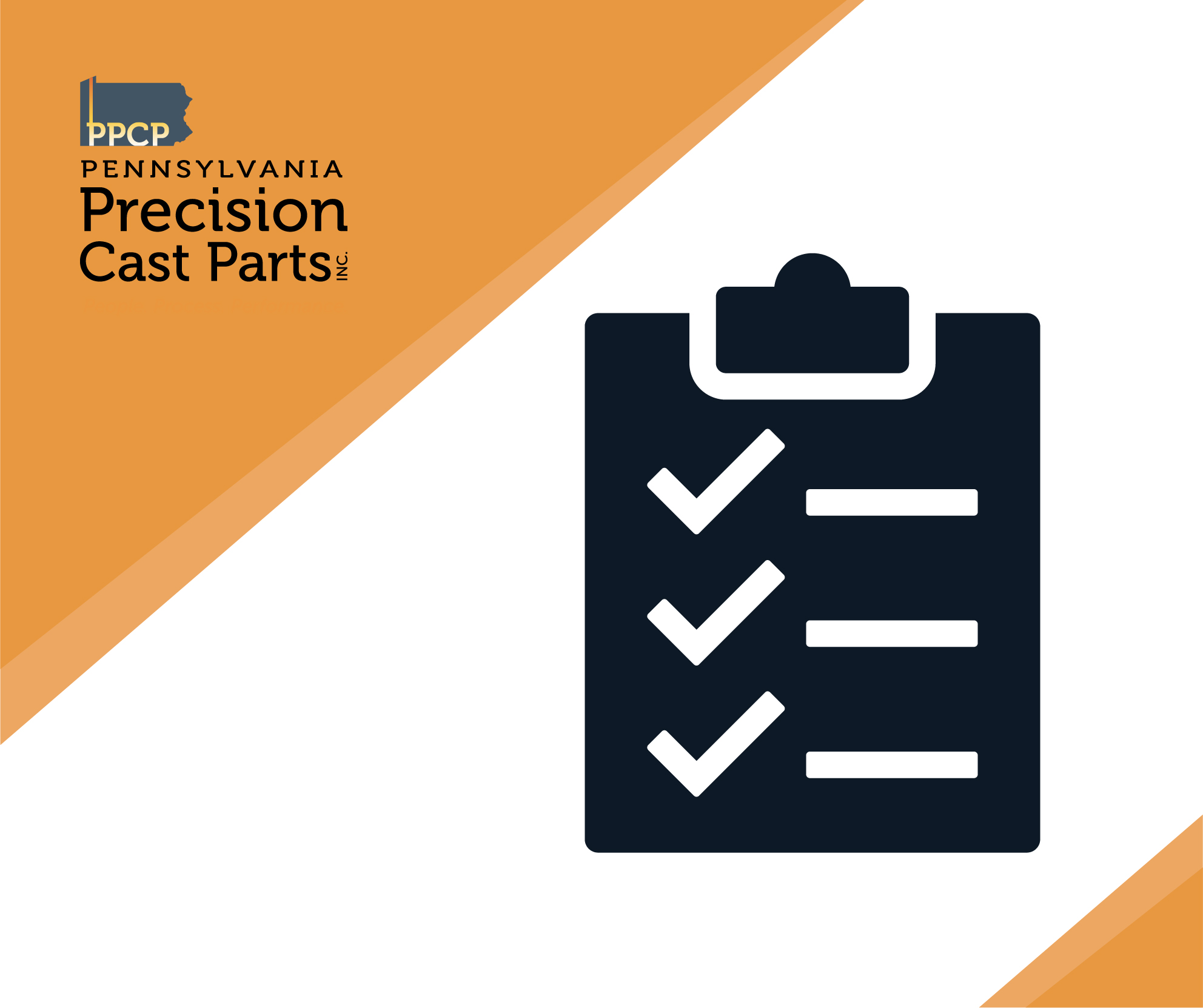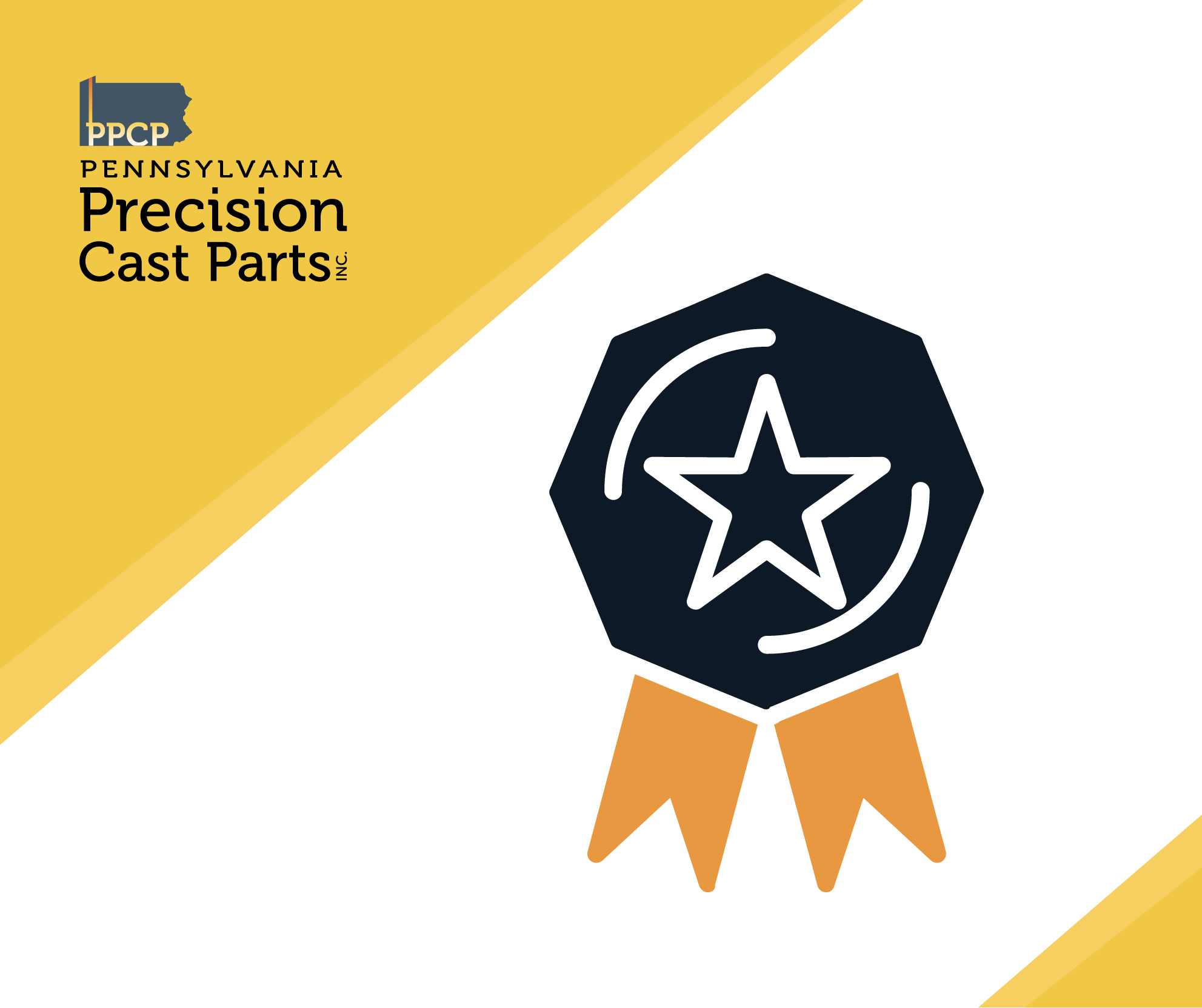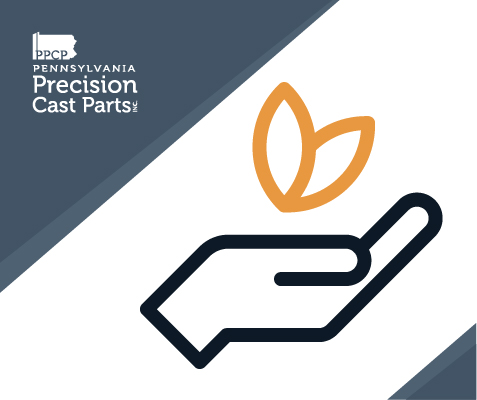
Blog
Investment Casting Charpy Impact Testing
If it is important to determine how ductile or brittle an alloy may be in a finished part, metallurgists often utilize investment casting Charpy impact testing. Charpy impact testing utilizes a pendulum with a precise weight on the end. A notched, standard-size sample...
Precision Cast Parts with Fusible Alloys
Many manufacturers have discovered that investment casting is an excellent choice for producing precision cast parts with fusible alloys. Such alloys exhibit comparatively low melting points, below 450° F. This, along with other properties like good thermal...
Investment Casting Sustainability
In today’s business, scientific and social environment, many manufacturers want to know about investment casting’s sustainability. The good news is that it is quite environmentally friendly, especially compared to many other production processes. The alloys and wax...
Investment Casting or 3D Printing
With the rapid advances in computer printing technology, some manufacturers are asking if they should utilize investment casting or 3D printing to produce their parts. While 3D printing can be an excellent choice for rapid prototyping, it cannot produce parts with the...
5 Key Advantages of Investment Casting
When choosing a process for producing cast parts, consider these five key advantages of investment casting: Alloy Flexibility – Investment casting can accommodate a much wider range of alloys than many other processes. It can cast everything from common metals like...
Differences Between Investment and Die Casting
While the processes utilize similar manufacturing techniques, there are meaningful differences between investment and die casting. Here are three of them: Die casting can only be used for non-ferrous metals, while investment casting can be used for both ferrous and...
Investment Casting Partner
Moving to a new parts supplier can be a daunting task that seems to take more time and attention than you can spare. That’s why PPCP doesn’t want to be just your parts supplier; we want to be your investment casting partner. What’s the difference? A lot. Our people...
Investment Casting Technology
While it may sound simple and straightforward on the surface, investment casting technology goes far deeper. When the first craftspeople used nascent investment casting technology five thousand years ago, they had no idea how it would change the world. Through the...
Investment Casting for Small Run
Investment casting offers the best cost per part on long and repeat runs, but in many cases manufacturers have found that investment casting for small runs can also deliver excellent value. While the per-part cost may be a bit higher, the process makes up for it in...
Casting Surface Roughness Measurement
If the finish of your precision cast parts is an important consideration, it is critical that your foundry utilizes accurate investment casting surface roughness measurements. Surface roughness is typically measured by Ra, Roughness Average, and RMS, Root Mean Square....
Investment Casting Integrity
Manufacturers who require high-performance, exceptional quality parts often opt for investment casting integrity. In a wide variety of applications, investment casting out-performs other processes in many ways, ranging from inclusion and porosity to brittle castings...
Achieve Casting Industry Standards
To be confident your casting partner will deliver the high-quality parts you need, run after run, make sure your foundry achieves casting industry standards. A foundry that specializes in investment casting should follow industry best practices and meet or exceed many...
Avoid Common Casting Defects
While investment casting is an excellent process for a near-limitless range of parts and applications, it is vital to work with a foundry that can avoid common casting defects. To consistently produce top-quality investment castings, a foundry must have an up-to-date,...
The Right Casting Process
Choosing the right casting process for your parts and applications can make a significant difference in the quality and performance of your components. There are many factors to consider depending on your needs. Following are key items you should take into account:...
Precision Cast Parts from Duplex Alloys
When manufacturers require components with specialized characteristics, a good option is precision cast parts from duplex alloys. A duplex alloy is a combination of ferritic (magnetic) and austenitic (non-magnetic) stainless steels. They are combined in varying...
View PPCP’s Robotic Dipping Video
For the large majority of time that investment casting has existed, casting shells have been made by hand utilizing a traditional, age-old process. As new technologies became available, robotic dipping was developed, offering excellent benefits in efficiency and...
View PPCP’s Alloys Video
Investment casting can accommodate a wide array of common and specialized alloys, making it an excellent process for a virtually unlimited variety of components and applications. The alloys PPCP utilizes range from carbon steel, copper, nickel, and brass to stainless...
View PPCP’s Investment Casting Process Video
The investment casting process, also called lost wax process, is thousands of years old. It can be used to make a wide variety of parts weighing just a few ounces to 250 pounds or more. PPCP is a leading investment casting foundry, offering a comprehensive range of...



